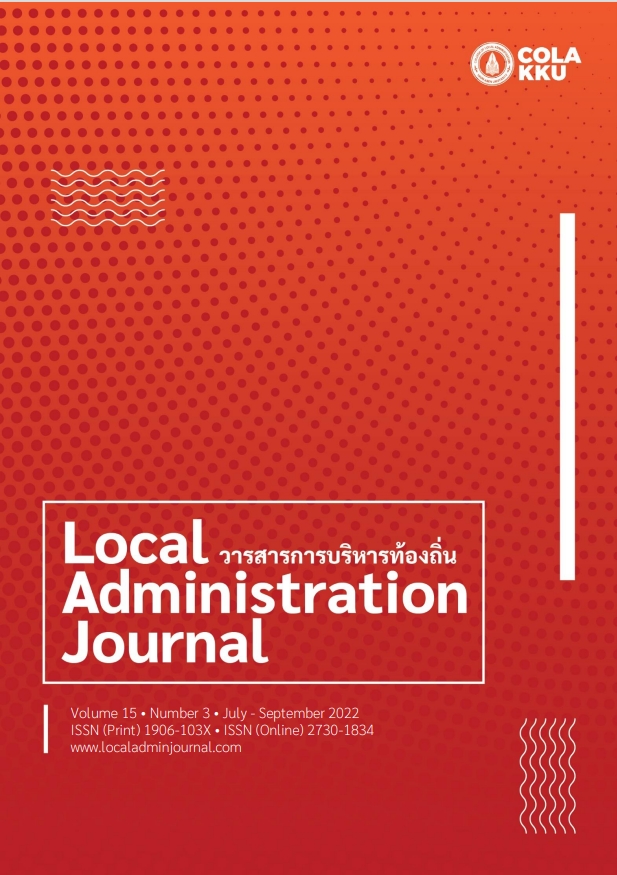New Rural Community Governance: Analysis Framework and Comparative Case Study
Keywords:
New rural communities, Community governance, Case comparative study, Embedding theoryAbstract
The new rural community is the end node of the new urbanization system. It is a brand-new area for farmers' production and life in rural revitalization. The governance of new rural communities is an important aspect of promoting the modernization of the national governance system and governance capacity. This paper proposes a definition and characteristics of new rural community governance, presents an analytical framework of new rural community governance based on embedding theory, and classifies various types of new rural community governance practices into four types: in-embedded, out-embedded, de-embedded, and mutually embedded integrations. From the perspective of dynamic development, different new rural community governance types may transform into each other. We investigate three new rural community governance cases in Zhejiang China, analyze their implementation processes, and discuss the problems faced and trends of development. The case studies exemplify the new rural community governance analysis framework proposed in this paper.
References
China-cer. (2021). Opinions of the State Council on Accelerating Agricultural and Rural Modernization by Comprehensively Promoting Rural Revitalization. Retrieved from http://www.china-cer.com.cn/guwen/2021012811132.html
CNR. (2017). Report on the 19th National Congress of the Communist Party of China. Retrieved from http://news.cnr.cn/native/gd/20171027/t20171027_524003098.shtml [2017-10-18]
Fu, Ch. (2016). Exploration on the model of strong government and excellent community in the practice of community pluralistic co governance. Theoretic Observation, 1, 48-49.
Huang, L. (2020). Research on inclusive governance of new rural communities from the perspective of space. Gansu Theory Research, 1,122-128.
Li, Y. & Zengyuan, Li. (2019). Modern transformation of rural community governance in the new era. Journal of the Administration University of Shijiazhuang City, 21(2), 32-37.
Li, Sh. & MInghua, Li. (2011). Community collaborative governance: an analysis of the path and mechanism of ecological civilization construction. Forward Position, 8,188-190.
Li, Z. (2015). Basic transformation and integrated governance: modernization of rural community governance in transforming society. Contemporary World & Socialist, 2, 164-170.
Zhang, F. (2019). Study on the Consultative governance mechanism of rural Community under the background of rural revitalization. The Journal of Shanghai Administration Institute, 20(6), 82-90.
Zhao, Y. (2017). The generating of rural community cooperative governance: process, effect and mechanism – a case study of Guantou village in Panan county Jinhua City, Zhejiang Province. Chinese Public Administration, 10,77-81.
Zhuang, L. (2018). Rural community governance: model evolution, method transformation and linkage mechanism. Administrative Tribune, 25(4),116-121.
Downloads
Published
Versions
- 2022-09-30 (2)
- 2022-09-30 (1)
How to Cite
Issue
Section
License
Copyright (c) 2022 Local Administration Journal

This work is licensed under a Creative Commons Attribution-NonCommercial-NoDerivatives 4.0 International License.
The copyright of all articles published in the Local Administration Journalis owned by the College of Local Administration, Khon Kaen University.



